Last week, for the first time since 2019, the Mennonite Central Committee Asia Leadership Team was able to meet in person at the Regional Office in Chiang Mai, Thailand.
We met with the International Program Directors from MCC US and MCC Canada, as well as MCC International’s new Security Officer, both sets of Area Directors, and the Reps from Korea, Laos, Nepal, Bangladesh, India, and Afghanistan. The Reps from Indonesia were, unfortunately, not able to attend.
It was hard to walk away from the stress and to-do lists that have consumed our worktime the last month. This wonderful opportunity to invest in the fellowship of our peers, engage in meaningful trainings, and synergize with the good work MCC is doing around the world at first felt like a distraction from the many high priority tasks that urgently needed to be completed.
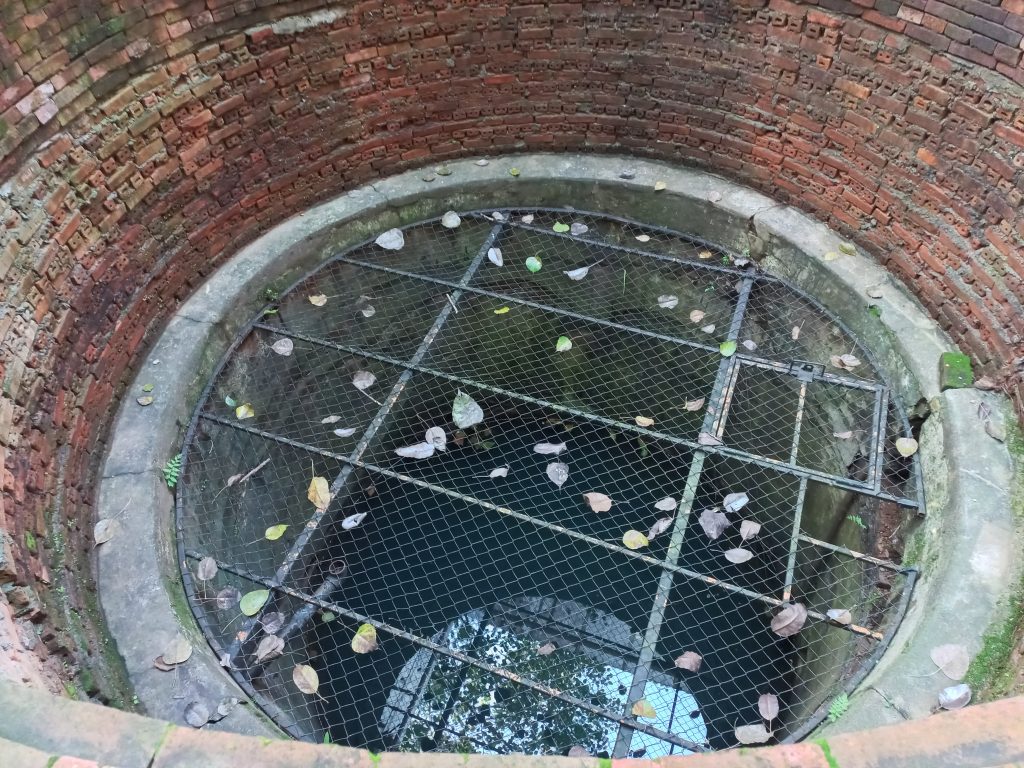
One of my old supervisors called this the “Tyranny of the Urgent” – I think the term came from a leadership book he’d read – and wisely advised me that leaders need to look beyond the urgent. We have to be proactive, not merely reactive. Otherwise we’re just managing the everyday tasks and never leading our teams forward. It took me a couple of days to shake off my compulsions and focus on the space being provided. Once I was able to settle, I found the time away to be very meaningful, equipping, and centering.
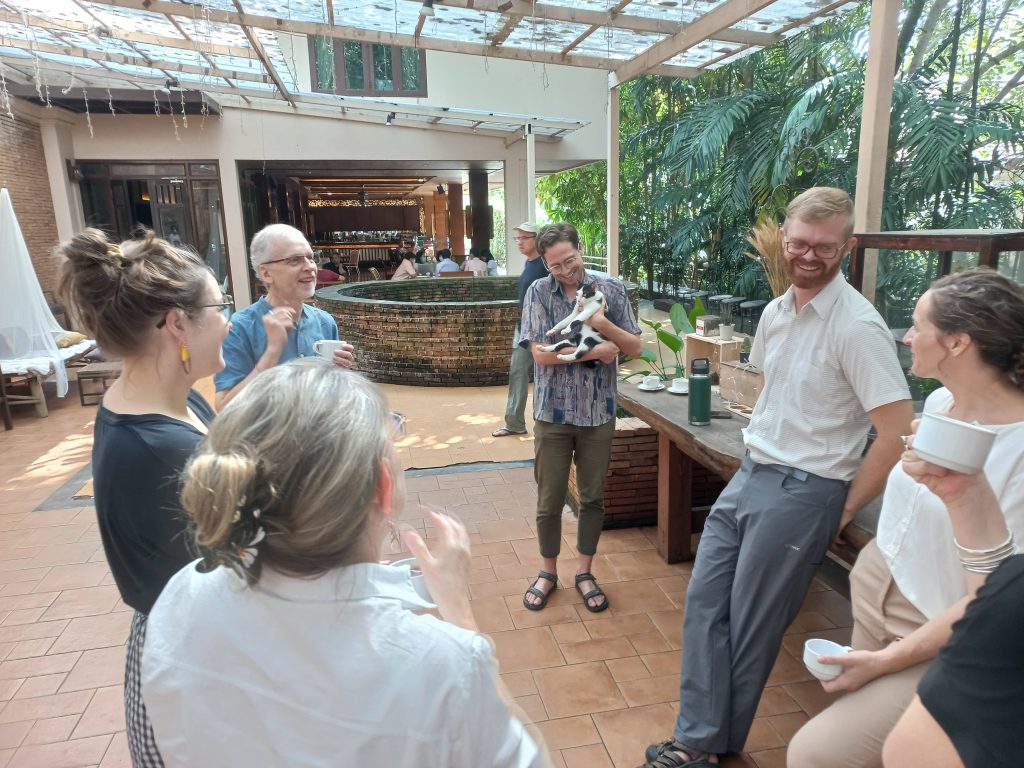
Sometimes the Rep role can feel isolating so it’s a special opportunity to meet with peers, who are doing the same work as us in other countries and who are facing many of the same challenges. For one example: not many people fully relate to the challenges and complexities of our work in Myanmar, but the MCC Representative to Afghanistan can. We were able to share a lot of functional knowledge between us but it was also good just to talk with people who can relate. Who understand the vicarious trauma of ending a call and not knowing if you’ll hear from that partner staff alive again.
In 2021, MCC International made a major push to implement Protection from Sexual Exploitation and Abuse across all projects, partners, and programs. Crystal and I both wrote posts about the work we were doing on this. MCC, in general, has made tremendous progress on PSEA in a relatively short time, demonstrating the importance of prioritizing based on importance, not just urgency.
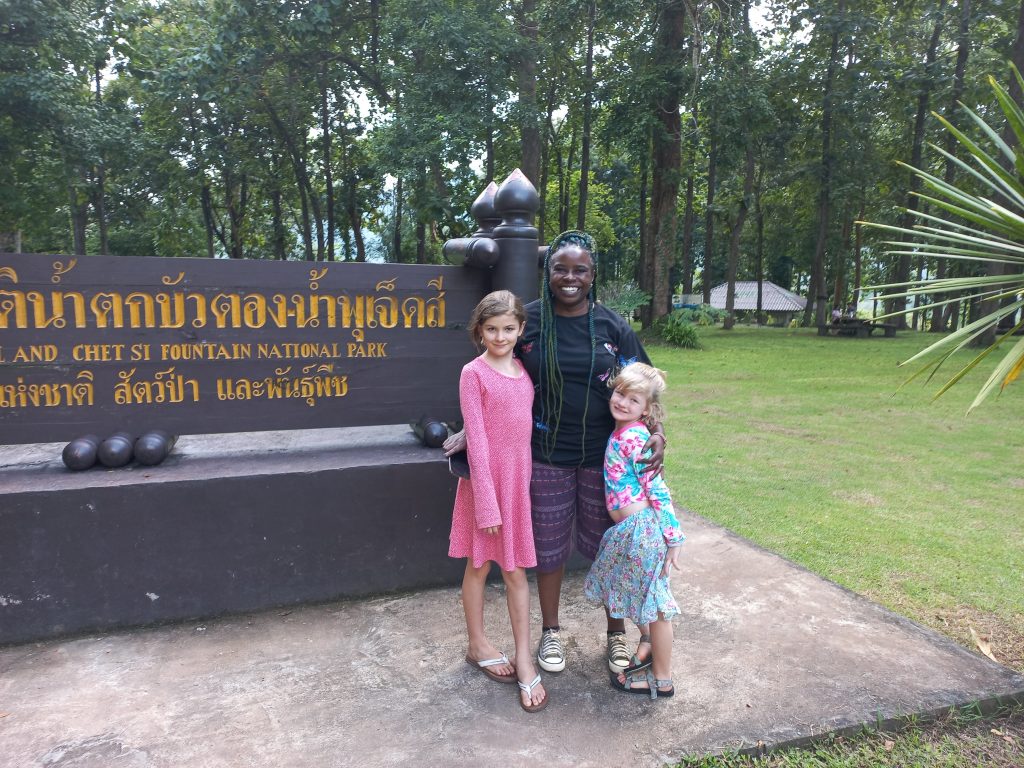
Joyfrida’s brother, Victor, was a YAMENer in Cambodia during COVID-19.
This year MCC International introduced a similar process to bring renewed focus on safety and security based on learnings from the crisis in Ukraine. Unfortunately, we are seeing the security situation destabilize in countries around the world and MCC is taking proactive steps to ensure that we are prepared to protect and support personnel. What this looks like varies from context to context, team to team, and even person to person. For instance, when Russia invaded Ukraine some national staff decided to leave the country, some decided to relocate to safer locations in country, and some decided to remain in the communities where they had been working.
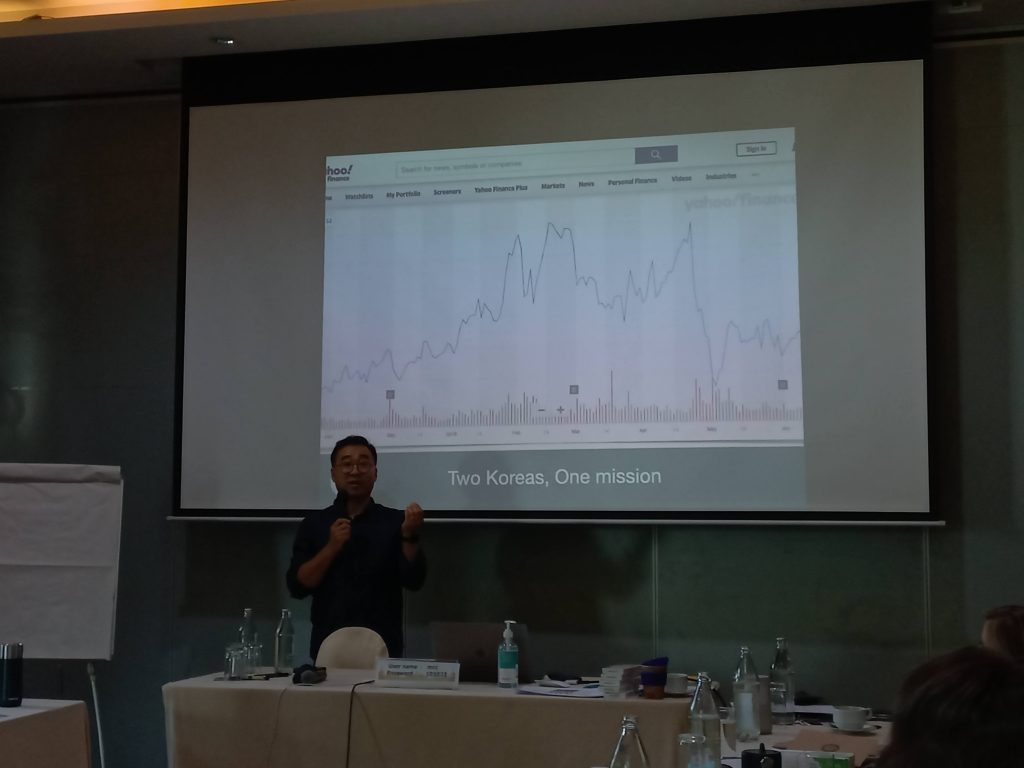
MCC International is also continuing a major push on promoting intercultural competence and anti-racism. Crystal has been very involved in this as part of the GSL Anti-Racism Task Force. There has been significant progress on systemic anti-racism and this included a training on how to conduct objective performance appraisals.
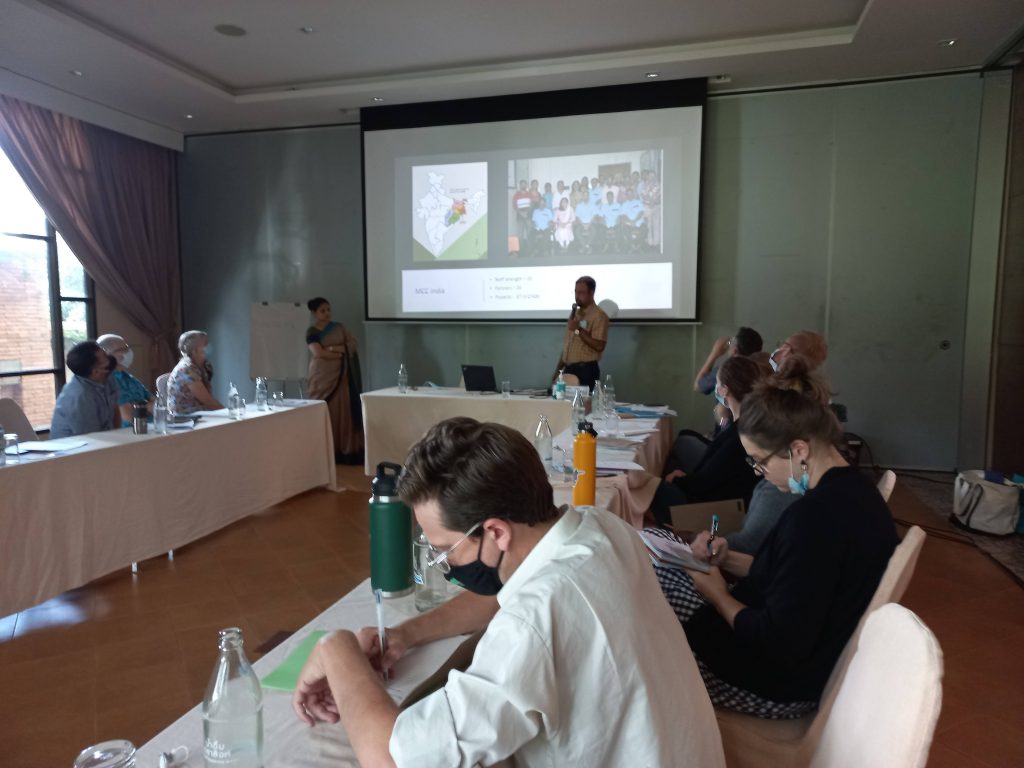
There is a great of potential for collaboration between MCC Cambodia, MCC Bangladesh, and MCC Laos on climate change adaption and mitigation. We are beginning to brainstorm potential partner and staff exchanges to encourage cross-pollination between the projects and programs. The environmental situation in the Ganges delta in Bangladesh has many similarities to the Mekong delta in Cambodia and there’s significant opportunity for mutual learning.
There was also a session on trauma awareness and psychosocial supports. This is immediately relevant to our work in Myanmar but, also, it’s important to remember that our Cambodian staff also hold significant trauma. Cambodia has been at peace for the last two decades but trauma lingers long after the trigger event ends and can pass to future generations epigenetically.
We were able to meet with the unofficial Mennonite contacts to China. They knew of Crystal’s parental Grandparents’ work in Taiwan. We talked about the challenges to further work in China, especially around the social crediting system and national internet gateway. I asked about the potential of future YAMEN participants from China, Hong Kong, and Taiwan. In 2018, MCC Cambodia hosted a YAMEN participant from mainland China despite significant challenges. I think this kind of exchange is essential for promoting grassroots multiculturalism and peaceful alternatives to conflict.
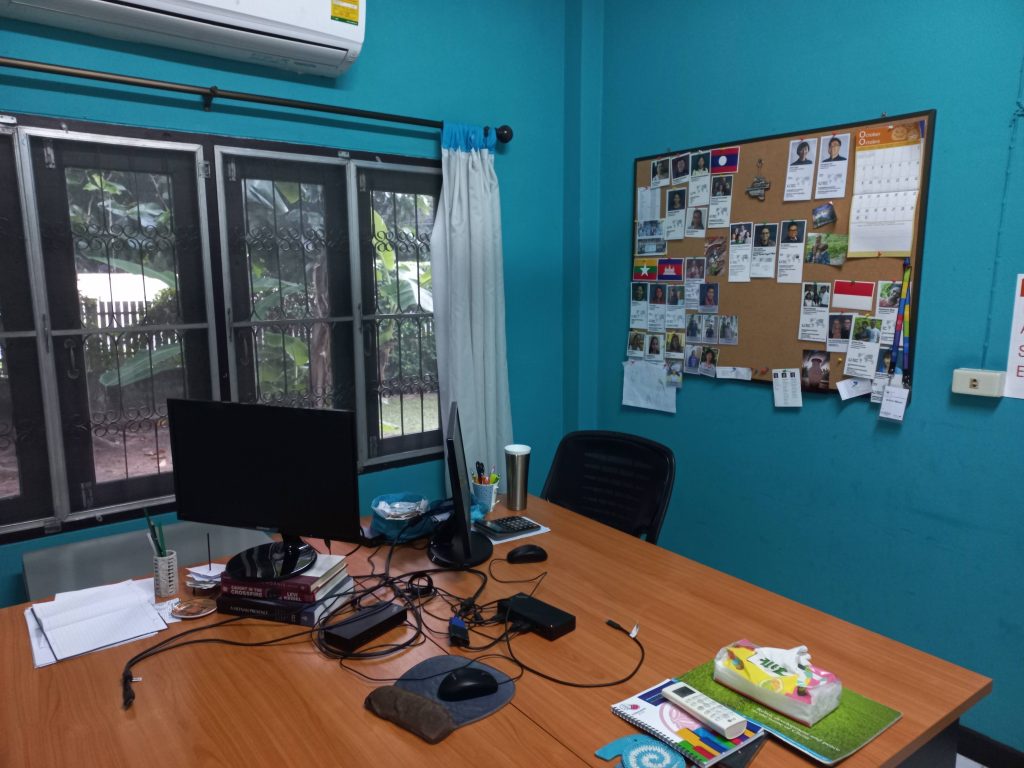
(I missed seeing it in 2019 since I was still recovering from Dengue.)
We had good discussions with MCC Bangladesh and MCC Northeast Asia about the potential for closer collaboration on YAMEN. I also asked about engagement with Mennonites in Japan. There’s currently no process for bringing YAMEN participants from Japan or Taiwan. We also had good discussions with MCC Korea and MCC Laos on advocacy, militarism, and the legacies of war.
We had significant discussions on digital security given the situation in Myanmar and several countries in the region implementing national internet gateways (modelled after China’s Great Firewall). MCC personnel are not endangered by these initiatives but we must consider how to communicate with partners without putting them at further risk.

In their financial reports the MCC Regional Office has to show photographic evidence that the meetings being expensed actually took place and that they were actually MCC meetings.
I could continue on, point by point, but I think that provides enough of a snapshot. While we were in meetings the girls were running around with the other “MCC kids” and having a great time.
Wonderful opportunity. May it carry you gracefully back into the whirlwind of regular life!